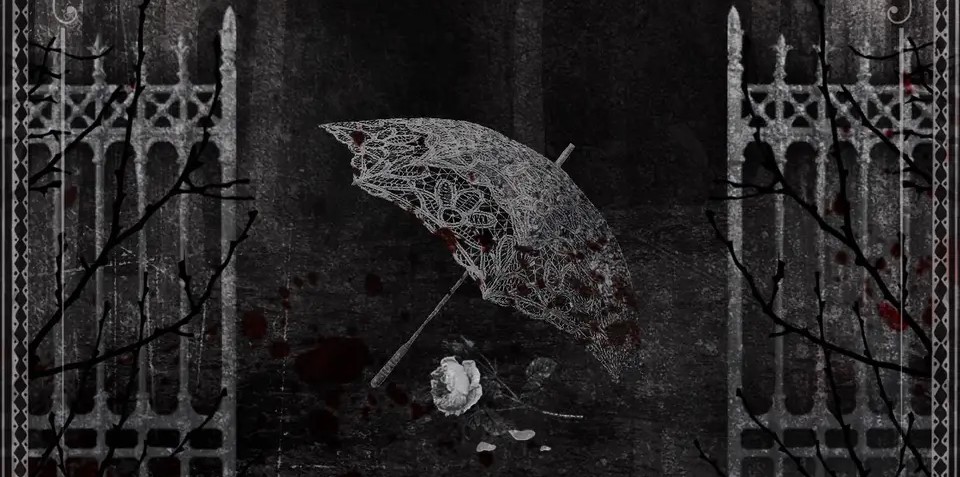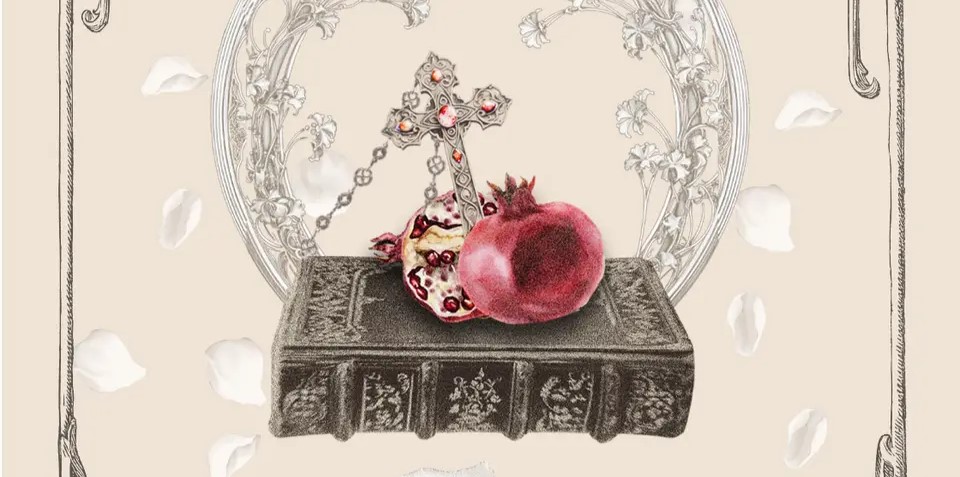Emperor's Alternate - Chapter 21
The journey to meet Lecan was treacherous.
‘Even if assassins are said to be a common occurrence… why are there over seven doors?’
Benedict understood Lecan’s situation, but he couldn’t help but click his tongue slightly. Knights guarded each door, and as one crossed through each entrance, another door appeared inside, continuing this pattern. By the time they reached the final door, rows of knights were lined up armed to the teeth along the corridor.
These sturdy soldiers, each dressed in pitch-black uniforms and masks, visibly carried heavy weaponry. They were knights who could serve as the vanguard if sent to war. Even those who had no shame in their hearts cowered in fear before them.
‘Are the soldiers here as a means to increase security? Or did the security increase because he had recruited so many soldiers?’
The question is as pointless as asking which came first, the chicken or the egg, but one thing is certain—Lecan had more direct knights under his command than the recently deceased Emperor. That must mean his power is immense.
“Welcome, Archduke.”
As Benedict entered, the librarian immediately rose from his seat and greeted him.
Benedict was the son of Alfred, the Chancellor. He was the most cherished and simultaneously the most detested child of the leader behind the “elitists.”
Benedict looked at Lecan. The papers on the table were stacked neatly, a testament to his neat personality. In one corner, a towering pile of papers indicated the volume of work Lecan had handled that day. Lecan seemed entirely engrossed in his tasks, not sparing a glance toward Benedict.
“There is only one man in all the world who would not be glad to see me, my Lord,” said Benedict, prompting the librarian to shift uneasily.
“What do you mean?” the librarian responded nervously. “Your lordship is always glad to have the Archduke in his company.”
Benedict seated himself on the guest sofa. He was accustomed to this side of Lecan, and it had been a long time since he was impressed by such diligence. At the librarian’s gesture, a maid brought warm tea and placed it in front of Benedict.
“…When did you arrive?” It was only when Benedict had nearly emptied half of his teacup that Lecan finally raised his head and looked at him.
“I’ve been here for a while.”
“Ah, today was the announcement of new political appointments,” Lecan responded, as if realizing it just then.
Lecan conducted a dry wash before turning his head from side to side, loosening his stiffened neck. When he rose from his seat, it was as if all the surrounding air converged toward him. No matter how tired he looked, he still exuded a quiet authority.
As Lecan sat on the huge sofa, a maid promptly served him tea as if on cue. However, rather than sipping the steaming tea, Lecan took out a cigar from his pocket and lit it, disregarding the familiar librarian who usually helped him light it.
Benedict clicked his tongue once again. “It’s so awkward sometimes.”
“…”
“The fact that someone who has such a boring life as you bothers with smoking.”
Lecan deliberately avoided provocation. His pursuit of immaculate simplicity in character, an almost excessive productivity that hinted at workaholic tendencies, and a deliberate distance from all worldly temptations were his defining traits. How many temptations must have surrounded this powerful young man who was more respected than the Emperor himself? And yet, Lecan remained indifferent to the bloody hunts enjoyed by aristocrats, the extravagant balls, or even the allure of provocative theater. Not even the finest drugs or scantily clad beauties managed to capture his attention.
Even those who attempted to build rapport with Lecan through hobbies favored by nobles, such as golf or chess, failed entirely. Lecan even shied away from pleasant desserts, opting for strongly bitter snacks instead. He avoided novels with genre-laden fun, opting for dull treatises and uninteresting essays instead.
With a schedule so murderous it left no room to breathe, his habits were strictly regimented and his training was intense. Lecan followed every textbook-worthy piece of advice to the letter, except for one: smoking. It seemed ironic amidst his otherwise textbook-perfect adherence.
“It’s just a minimal deviation. It’s better than deliberately seeking out an escape,” Lecan remarked, exhaling smoke as he looked at Benedict.
“Why did you decline my invitation to the ball? I set the dress code to a uniform you would be comfortable in, and I declared there would be no alcohol.”
“Stimulation is harmful to the body.”
“That doesn’t sound very convincing when you say it while smoking a cigar.”
Lecan rarely had the chance for private conversations. In fact, the ball was just an excuse.
Benedict thought of his younger sister.
“Please, give me a chance to talk to Lecan, even just once, Brother. I really want to be his wife.”
Benedict wasn’t the type to easily acquiesce to familial requests, as evidenced by his willingness to ignore his family’s pressure to carry on the “elitism” and instead ally with Lecan. He believed in his principles and wanted to determine his own life, not bowing to anyone’s control. Yet, consciously or unconsciously, he felt a sense of guilt. Although he openly and often publicly insulted Chancellor Alfred as a “senile old man,” he would look at other nobles who were loyal to their families and sometimes chastise himself for not doing the same.
Perhaps it was compensatory psychology kicking in, but Benedict’s sister was actually a beautiful and lovely woman. It was true that he felt inclined towards a union between Lecan and his household. Lecan was already thirty-one years old. Even if Lecan was not known for his reclusiveness, other nobles were already married at that age and would have had several heirs. It was no secret that numerous influential families desired a union with Lecan, even beyond their empire’s borders. However, even for them, tying him to Chancellor Alfred’s lineage would be nothing short of a feat. Politically, it would combine the “elitists” and the “neutral” faction.
But even before meeting Lecan, Benedict felt overwhelmed by the succession of visitors knocking on his door. Just facing Lecan’s piercing red gaze alone felt like facing a fortress wall, making him wary of broaching the topic.
“…When will you consider marriage?” Benedict blurted out eventually. “You say that stimulation is harmful, but you don’t even bother to speak to women in the first place, so I don’t feel that the future is stable.”
When it came to potential suitors for his sister, no man seemed better than Lecan. Benedict had never witnessed him meeting any women, so it was still a possibility.
“What’s this sudden talk about marriage?” asked Lecan, exhaling smoke. The end of his cigar was almost burnt out.







